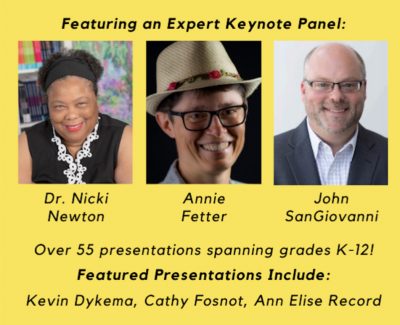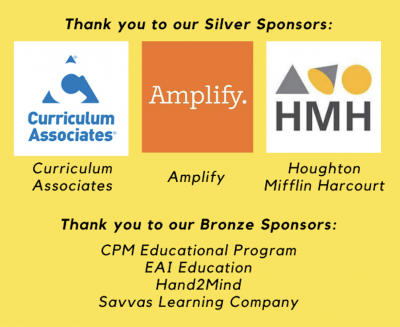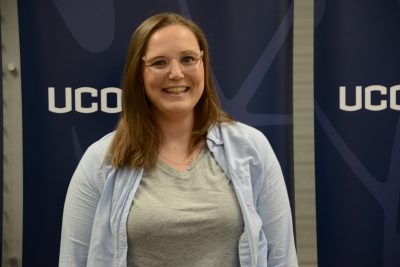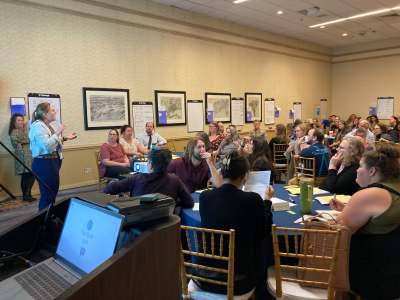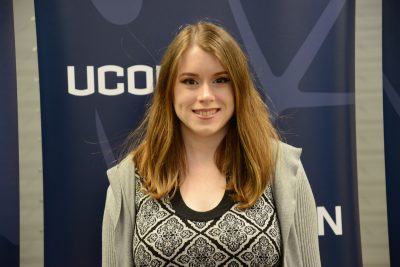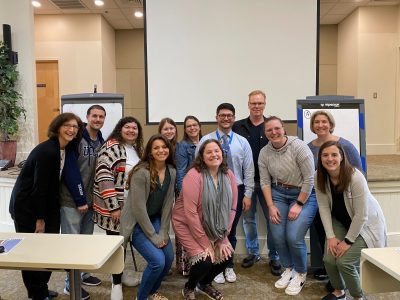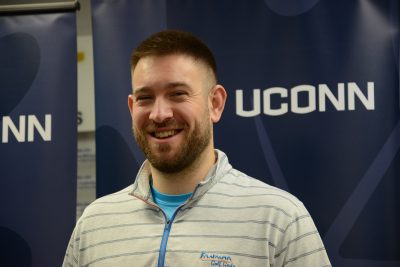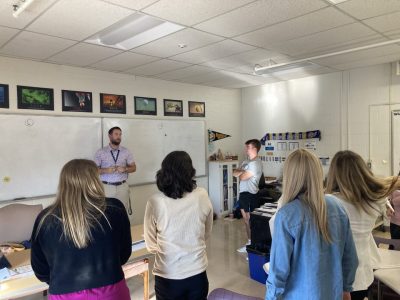Superintendents of Connecticut Schools received the following communication from the Commissioner of Education on Thursday, January 11, 2024:
Financial Literacy
In response to Public Act 23-21 (An Act Concerning Financial Literacy Instruction), the CSDE has reviewed endorsements appropriate for teaching financial literacy courses. In an effort to provide flexibility to districts, it has been determined that these courses may be taught under any of the following endorsements:
- 010 Business Education
- 026 Social Studies/Economics
- 029 Mathematics
- 045 Family Consumer Science
- 089 Marketing Education
- 104 Cooperative Work Education
Also, a new EDS assignment code has been created for districts to properly identify educators teaching these classes: Financial Literacy/Personal Finance (90120).
Additional Financial Literacy Course Guidance will be forthcoming from the CSDE Academic Office.
The Financial Literacy Guidance is going to be in a format of a “Course Kit” which will guide the implementation of a FinLit Course or accumulation of the credit in flexible learning models. The CSDE hopes to release the artifact to the field at the end of January.
We thank you for your patience as we work to bring you tools to help successfully equip your students with the skills they need to be prepared for Learning, Life, and Work Beyond School. Please feel free to contact Suzanne.loud@ct.gov with any questions.


